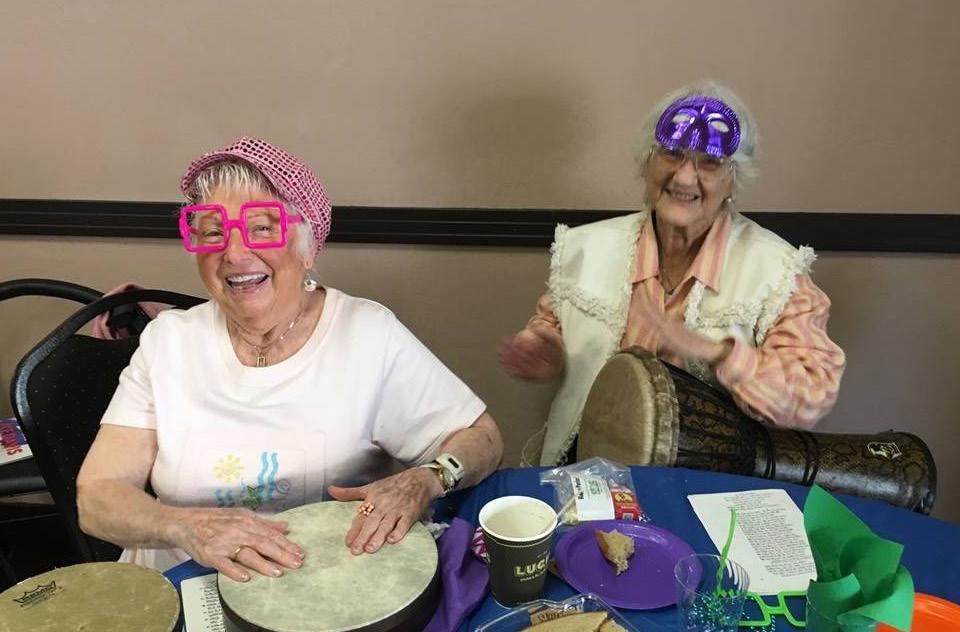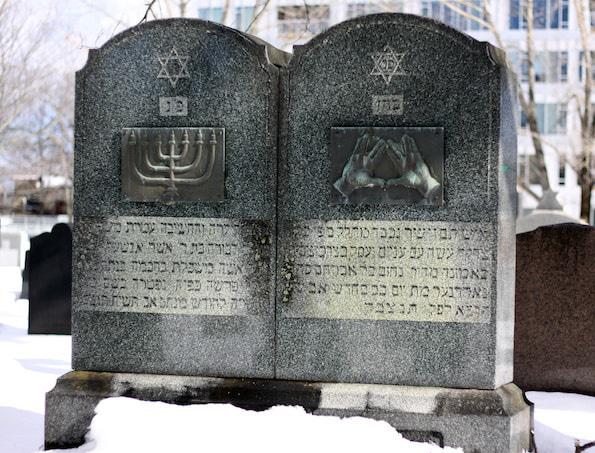
5 minute read
Ask the Rabbi
Someone pointed out to me that throughout the entire story of Purim in the Megillah, G-d is not mentioned once. I understood that this is a story about G-d miraculously saving us. If so, why do we leave Him out of the story?
You are in good company. Many of the great Jewish commentators had this same question and discussed this issue at length. Here’s just one of many answers:
Advertisement
Compare the story of Purim with that of our other holidays. Ever notice how the plot features no open miracles? No seas split, no mass revelation, no dwelling in clouds for forty years, and no overcoming an enemy a hundred times our size using guerrilla warfare. What did happen? A lot of people were in the right place at the right time to provide just the political clout necessary when needed. What a coincidence.
Of course, the word “coincidence” is not part of the Jewish lexicon. All these events were deliberately orchestrated from Above—only that the conductor stood behind stage.
Now you understand why Purim is a holiday of masks. The costumes conceal one’s real identity, just like the dough of the hamantash hides over the fruit filling, just like natural events hid over Divine intervention. And the Megillah conceals G-d’s name.
But it doesn’t end here.
The teachings of Chassidut analyze both types of miracles—hidden and revealed—and reach an astonishing conclusion: a miracle masked behind natural events (e.g., Purim) is actually more profound than one that breaks natural law (e.g., splitting seas). Why would this be? I’ve got a great analogy to explain:
My younger brother used to be a whiz at video games. You would give him a new game and he’d beat it by the end of the day. Eventually, however, he discovered there’s another way to beat a game: Cheat Codes. Push a few buttons, and before you know it, Super Mario can fly, runs through walls, and becomes invincible. But of course, play like that and it doesn’t prove that you’re a true master of the game. What’s this got to do with Purim?
G-d created a system for this video game we’re starring in that we call “the laws of nature.”
He did such a good job that people actually believe that this system runs itself. After all, the weather influences the crops, the stock market our finances, and our lifestyle the state of our health. Now, the laws of nature say that if you’re surrounded by the world’s largest army on one side and the Red Sea on the other, there’s no hope.
As Jews, we know better. We realize that G-d, not the system, is in control. The question is: how?
One way is by overriding the system. The laws of nature say that a sea must flow? No problem—today, that won’t apply. The laws of nature say the sun has to set soon? No problem, we’ll override that for a few hours. This is the classic miracle—the “physics breaker.”
But then there’s way #2: the system doesn’t have to be changed. You can play by the rules and still find a way to win.
That’s Purim. The aim was achieved without any natural laws being broken. Vashti was ousted. Esther was chosen. Mordechai overheard a plot. Achashverosh couldn’t sleep. Esther found favor in the king’s eyes. Charvonah offered advice…
Miracle #1 shows that G-d is not limited by the laws of nature. But Miracle #2 shows that all these laws of apparent cause and effect are no more than another tool in the hands of G-d. He can use them to get whatever He wants, and it will all still look perfectly natural. This is far more relevant to our lives today. And this is a far deeper expression of G-dliness. Not only is He not limited by the rules He made, He’s not limited even by their logic (which He made as well).
In fact, the Kabbalah teaches that this type of miracle relates more to G-d’s essence than to any of His specific attributes. Which gives a deeper insight into why G-d’s name is not mentioned in the Megillah. Each of His names represents another relationship to one of His attributes. But during Purim, we witnessed a miracle that transcended any such attribute. And G-d’s essence has no name.
Did Mordechai Act Foolishly?
Question:
In the Purim story, Mordechai the Jew refuses to bow down to the wicked Haman. As a result, Haman enacts a decree to annihilate the entire Jewish nation. Did Mordechai do the right thing? Even if Haman thought he was a god, shouldn’t Mordechai have bowed down to him rather than risk the lives of the entire Jewish people?
Answer:
In my youth, I attended a nonJewish school. Jews made up about 10 percent of the student body, and we felt quite comfortable there. But sometimes we stood out.
It wasn’t a particularly religious school, but on occasion they did hold prayer services in a big hall with a huge cross at the front. At a certain point during the service, everyone was told to kneel and bow before the cross. So everyone did.
But I didn’t. I don’t know why, but as everyone else went down on their knees, I just sat there. I was a little nervous that I would be caught not kneeling. But then I realized that anyone who saw me not kneeling was himself not kneeling, so I was safe.
Here’s the funny thing. Looking around, I saw I was not alone. Scattered around the hall were others who did not bow. In fact, about 10 percent of the students were sitting upright. None of the Jewish kids would bow down. It was quite a sight—a sea of bowed heads, with a few Jewish heads sticking out like protruding icebergs. Or maybe Goldbergs.
On reflection, this is astonishing. Where did we get this defiance from? We were all from irreligious homes and were for the most part completely uneducated in Judaism. No one ever told us not to bow down. In fact, for some of those students, this non-bowing may have been the only public statement of being Jewish they ever made. So what inspired us to be different?
I believe we got it from Mordechai, the Jew who refused to bow down. Somehow, his story of defiance has permeated the Jewish psyche, to the point that even 2500 years later, we know in the depth of our souls that we don’t bow down to anyone but G-d.
When Mordechai stood up to Haman, he wasn’t putting the Jewish people at risk. On the contrary, he was saving countless Jews in all future generations who would be inspired by his singular act of bravery, refusing to bow to the forces that would try to compromise their identity.
Our enemies will hate us for not bowing to them, and they will hate us even more if we do bow to them. But when we stand tall and proud, unabashedly stating our Jewishness, then, like Mordechai, we will see the downfall of evil and the triumph of good.





